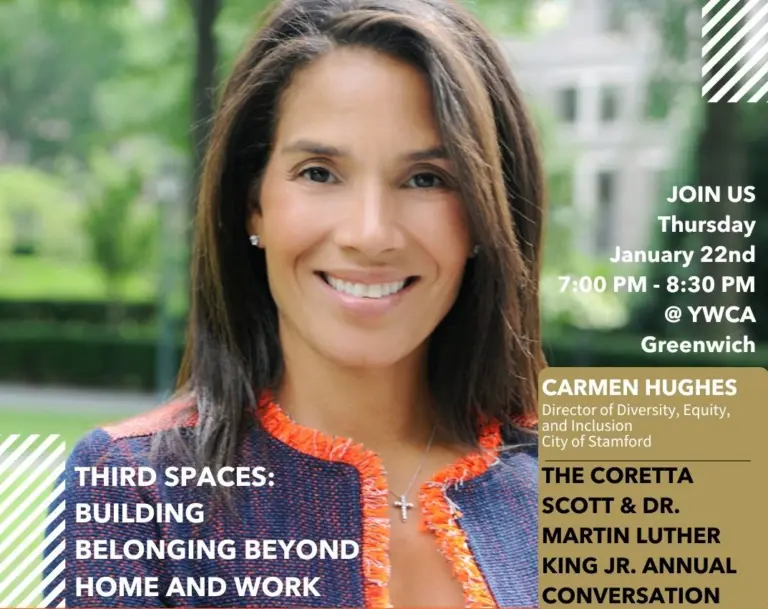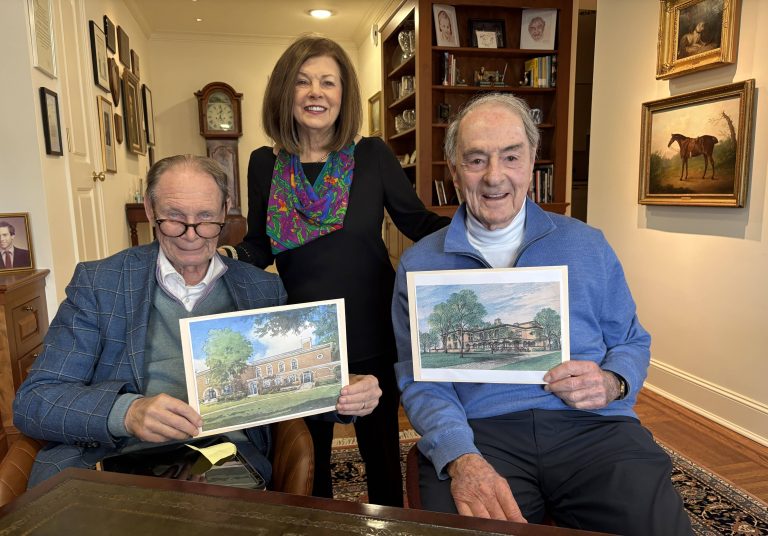By Marek Zabriskie
What is your heart’s deepest desire? What are you most longing to have happen in your life? Most of us are anxious for something to occur. Our lives feel incomplete, because something is missing or something is problematic and we’re waiting for a change to take place.
Jesus spoke to this situation when he told a simple story in Matthew 25:1-13 about a wedding that we can all relate to and grasp. Few events are more emotionally weighty than a wedding. It’s a major investment of time, planning, creativity, and resources.
There are huge expectations, hopes, and dreams for each wedding. We invest so much in making it just right that even the slightest mishap – like a groom forgetting the wedding license or the bride’s dress arriving in the wrong size – can elicit tears, anger, and frustration, when we are seeking laughter, love, and joy.
It is significant that during the last week of his life as he was summing up his teaching to his followers, Jesus chose a wedding as the context for a parable about the kingdom of God.
Unlike the Sermon on the Mount, where Jesus offers rapid fire bursts of wisdom – Blessed are the poor in spirit… Blessed are those who mourn… Blessed are the meek…” Jesus pivots and speaks about the end times, and the end times sound a bit like now.
Jesus says, “There will be wars and persecutions, sacrilege, and false messiahs, the heavens and earth will be shaken…” Then, he adds, “the Son of Man will come in glory” (Matt. 24:4-31). Jesus offers four stories about how the kingdom will arrive and how we can find peace and calm when our world seems greatly disrupted. The parable of the Wise and Foolish Virgins is the second of these stories.
In order to understand it, we need to know a little about how weddings took place in Jesus’ time. Weddings lasted for an entire week. The high point of the week was when the bridegroom came to lead his bride to her new home.
The bride chose ten of her best friends to serve as her bridesmaids. They were to escort her along the way. This took place at night, and the bridesmaids carried lamps to light the way. The lamps were wooden staffs with a dish on top. In the dish, was a wick soaked in oil. Extra oil was poured into the dish as needed.
The time of the coming of the bridegroom was a secret. It was to be a surprise for the bride and her bridesmaids. When the bridegroom, bride and wedding party entered the new home, the door was shut and latecomers were not admitted.
At this wedding, it was midnight when the groom finally approached his bride’s home. The entire wedding party was already asleep. They were awoken with a shout. “He’s coming!” The wise bridesmaids leapt into action, trimmed their lamps and headed out to meet him.
But the five foolish bridesmaids had expended the oil in their lamps. They asked the wise bridesmaids if they could borrow some, but their requests were rejected. The wise bridesmaids had no oil to spare.
Frantically, the foolish bridesmaids went through the village, knocking on doors and disrupting people who were asleep, searching for oil. By the time they had resupplied their lamps and arrived at the groom’s home, the doors were shut and they could not enter the banquet. Jesus concludes by saying, “Keep awake for you do not know the day nor the hour.”
For most of history, this parable has been interpreted allegorically. Christ is the bridegroom. The ten bridesmaids are the church. The late arriving bridegroom is Christ’s delay in the Second Coming. His coming at midnight speaks of Jesus’ unexpected arrival in our lives. The foolish bridesmaids represent those who are not prepared to receive Christ when he returns.
But some scholars say that this parable is not just about the Second Coming of Jesus, it is also about the here and now. According to this perspective, we need to be ready for Jesus to come when we are in a crisis, when things are going perfectly well, and when death approaches. Are we prepared for Jesus to enter our lives? That is the key question?
The foolish bridesmaids had everything that they needed to go to the wedding feast – an invitation to be a bridesmaid, a dress, a lamp, anticipation, and excitement. All that they lacked was additional oil. When they discovered that they had run out of oil, they asked to borrow some oil from the wise bridesmaids, but were rebuffed.
In a spiritual sense, there are some things that we cannot borrow in life. We cannot borrow good character, faith, hope, love, or a personal relationship with Jesus. Faith cannot be inherited. It cannot be bought or borrowed. Each of us must develop a faith of our own.
You and I know how to be ready for things that might occur. We have car insurance and home owners insurance in case something bad occurred. We wear life jackets in boats and seat belts in cars. We prepare our children and grandchildren for things that may take place. But do we help them develop a faith of their own? Because in challenging times, they cannot borrow or inherit our faith.
We must prepare not only for when something bad occurs, but we must be ready for when something wonderful takes place. This parable is about getting ready for the best. It was a wedding festival with friends and family, music, dancing, and terrific food. The Kingdom of God, says, Jesus, is like a wedding feast. It is a joyous occasion filled with good things. The question is: Will we be ready for it?
When Christ returns we will all be surprised. God surprises us in how our prayers are answered. We are surprised when God turns our misfortune into a blessing. We are surprised and overwhelmed when calamity strikes and our family and friends from church surround us.
The foolish bridesmaids lacked one thing – sufficient oil – and as a result they arrived late and could not enter the wedding banquet. Secular people can have everything they need materially, a wonderful education, good manners, and a moral compass, but they may still lack the one vital thing when their world falls apart or the end of life nears – that is the oil of faith in Christ. That lack excludes them from the hope, joy, and belief of the kingdom of God.
How do we get additional spiritual oil when we are low? Not by borrowing, buying, or inheriting it. We get it instead by worshipping, praying, reading the Bible, spending time with faithful Christians, and caring for those in great need.
We live in a time where people are genuinely frightened about where history seems to be heading. There are significant divisions in our country. Democracy is under attack. Climate Change is serious. The glaciers are melting. Mass shootings have become terrifyingly common, as there are now more guns than people in our country.
Bloody wars are being fought in Ukraine and Israel. We have reason to be alarmed. And closer to home, many of us worry about our future, our health, marriage, finances or someone we love who is struggling with addiction or mental illness and serious illness.
Into these dark times, trust that Jesus will come. Trust that he will come when we live in hope and never give up. Trust that Jesus will come when we faithful disciples do what we are called to do here and now as we work for justice and compassion and love those around us.
Trust that Jesus will come to those who are critically ill or suffering for his mercy is great. Trust that he will come and heaven will break open when people like us give ourselves to the work of restoring the kingdom of God in this time and in this place.
As we patiently await, the God of surprises will enter our lives. Can’t you hear the Bridegroom approaching. Awake! Awake! Light your lamps. He will lead us to the wedding banquet.
The Rev. Marek Zabriskie is Rector of Christ Church Greenwich.




